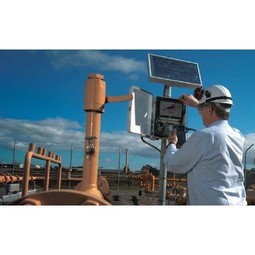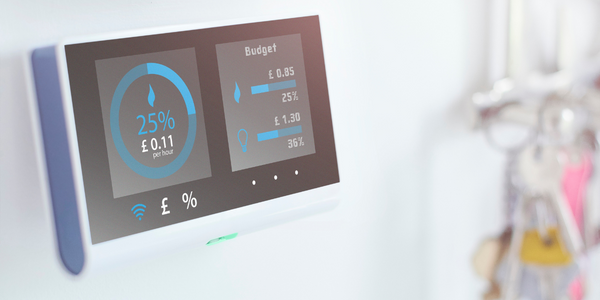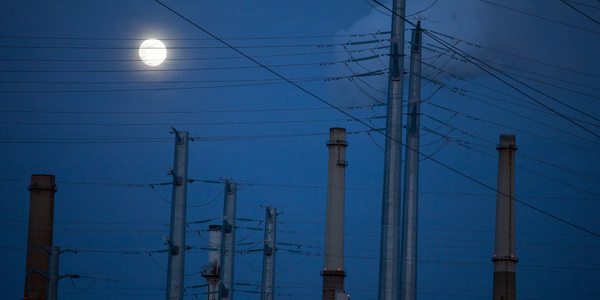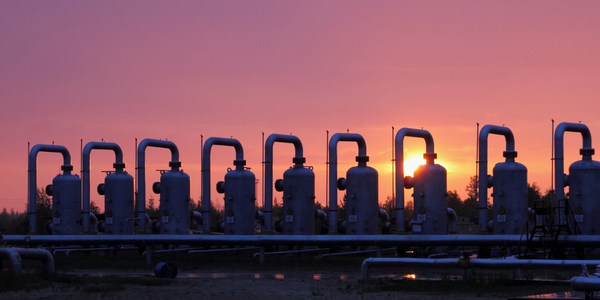下载PDF
Oncor delivers customer benefits through an integrated smart grid
技术
- 基础设施即服务 (IaaS) - 云计算
- 基础设施即服务 (IaaS) - 云存储服务
- 基础设施即服务 (IaaS) - 混合云
适用行业
- 公用事业
适用功能
- 物流运输
- 维护
用例
- 预测性维护
- 实时定位系统 (RTLS)
- 远程资产管理
服务
- 云规划/设计/实施服务
- 系统集成
- 测试与认证
挑战
Oncor Electric Delivery Company LLC 是德克萨斯州最大的受监管电力配送和传输公司,该公司旨在实现运营现代化,以主动管理停电并满足更复杂的能源需求。该公司希望开发一个交互式电网,每 15 分钟记录一次家庭和企业的能源使用数据,并将这些数据转化为能源供应商和消费者可操作的决策情报。目标是能够准确响应停电并恢复服务,而无需客户联系。在许多情况下,停电发生在工作日的中间,那时没人在家。下班后,Oncor 的客户电话和服务订单会大幅增加,这意味着客户将不必要地排长队等待服务。
关于客户
Oncor 电力配送公司有限责任公司 (Oncor) 是德克萨斯州最大的受监管电力配送和传输公司,也是美国第六大电力配送和传输公司。该公司服务的客户超过 300 万,服务区域覆盖近 117,000 平方英里。Oncor 于 2008 年开始其先进电表计划,最近完成了 325 万台电表的部署,服务范围覆盖德克萨斯州北部和中部的客户。去年,在 Oncor 服务区域内的客户在该公司最大的节能竞赛中表示,通过使用 Oncor 先进电表的信息,他们可以减少 25% 或更多的用电量和电费。
解决方案
Oncor 与 IBM 和 IBM 业务合作伙伴 Ecologic Analytics 以及 Advance Metering System 提供商和 IBM 业务合作伙伴 Landis + Gyr 合作,实施了仪表数据管理系统 (MDMS) 并在其电网中部署了智能电表。MDMS 会自动接收和传输电表以 15 分钟为增量捕获的能耗信息。IBM 全球商业服务部 (GBS) 提供了解决方案架构和集成服务,将 MDMS 与与 MDMS 并行开发的第三方停电管理系统 (OMS) 连接起来。GBS 团队还为 Oncor 的新智能电网系统中的一系列其他组件提供了设计、开发和测试。该解决方案利用智能电表以 15 分钟为增量准确测量家庭的用电量,提供消耗洞察所必需的数据输入。
运营影响
数量效益
相关案例.

Case Study
IoT Solutions for Smart City | Internet of Things Case Study
There were several challenges faced: It is challenging to build an appliance that can withstand a wide range of voltage fluctuations from as low at 90v to as high as 320v. Since the device would be installed in remote locations, its resilience was of paramount importance. The device would have to deal with poor network coverage and have the ability to store and re-transmit data if networks were not available, which is often the case in rural India. The device could store up to 30 days of data.

Case Study
Automation of the Oguz-Gabala-Baku water pipeline, Azerbaijan
The Oguz-Gabala-Baku water pipeline project dates back to plans from the 1970’s. Baku’s growth was historically driven by the booming oil industry and required the import of drinking water from outside of the city. Before the construction of the pipeline, some 60 percent of the city’s households received water for only a few hours daily. After completion of the project, 75 percent of the two million Baku residents are now served around the clock with potable water, based on World Health Organization (WHO) standards. The 262-kilometer pipeline requires no pumping station, but uses the altitude differences between the Caucasian mountains and the capital to supply 432,000 m³/d to the Ceyranbatan water reservoir. To the people of Baku, the pipeline is “the most important project not only in 2010, but of the last 20 years.”

Case Study
GPRS Mobile Network for Smart Metering
Around the world, the electricity supply industry is turning to ‘smart’ meters to lower costs, reduce emissions and improve the management of customer supplies. Smart meters collect detailed consumption information and using this feedback consumers can better understand their energy usage which in turn enables them to modify their consumption to save money and help to cut carbon emissions. A smart meter can be defined in many ways, but generally includes an element of two-way communication between the household meter and the utility provider to efficiently collect detailed energy usage data. Some implementations include consumer feedback beyond the energy bill to include online web data, SMS text messages or an information display in consumers’ premises. Providing a cost-effective, reliable communications mechanism is one of the most challenging aspects of a smart meter implementation. In New Zealand, the utilities have embraced smart metering and designed cost effective ways for it to be implemented. The New Zealand government has encouraged such a move to smart metering by ensuring the energy legislation is consistent with the delivery of benefits to the consumer while allowing innovation in this area. On the ground, AMS is a leader in the deployment of smart metering and associated services. Several of New Zealand’s energy retailers were looking for smart metering services for their residential and small business customers which will eventually account for over 500,000 meters when the multi-year national deployment program is concluded. To respond to these requirements, AMS needed to put together a solution that included data communications between each meter and the central data collection point and the solution proposed by Vodafone satisfied that requirement.

Case Study
NB-IoT connected smart meters to improve gas metering in Shenzhen
Shenzhen Gas has a large fleet of existing gas meters, which are installed in a variety of hard to reach locations, such as indoors and underground, meaning that existing communications networks have struggled to maintain connectivity with all meters. The meter success rate is low, data transmissions are so far unstable and power consumption is too high. Against this background, Shenzhen Gas, China Telecom, Huawei, and Goldcard have jointly trialed NB-IoT gas meters to try and solve some of the challenges that the industry faces with today’s smart gas meters.

Case Study
OneWireless Enabled Performance Guarantee Test
Tata Power's power generation equipment OEMs (M/s BHEL) is required to provide all of the instrumentation and measurement devices for conducting performance guarantee and performance evaluation tests. M/s BHEL faced a number of specific challenges in conducting PG tests: employing high-accuracy digital communications for instrumentation, shortening setup and dismantling time, reducing hardware required, making portable instrument setup, avoiding temporary cabling work and the material waste costs

Case Study
British Gas Modernizes its Operations with Innovative Smart Metering Deployment
The UK government has mandated that smart meters are rolled out as standard across Great Britain by end of 2020, and this roll-out is estimated to create £14 billion in net benefits to the UK in consumer energy savings and lower energy generation demand, according to the Oxford Economics report, “The Value of Smart Metering to Great Britain.” While smart-metering systems have been deployed in many countries, the roll-out in Great Britain is unique because it is led by energy retailers, who have responsibility for the Electricity and Gas meters. The decision to have a retailer-led roll out was made by DECC (Department of Energy and Climate Change) to improve customer experience and drive consumer benefits. It has also led to some unique system-level requirements to support the unique local regulatory model.





